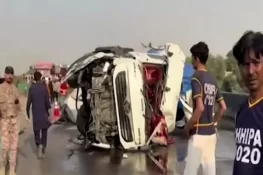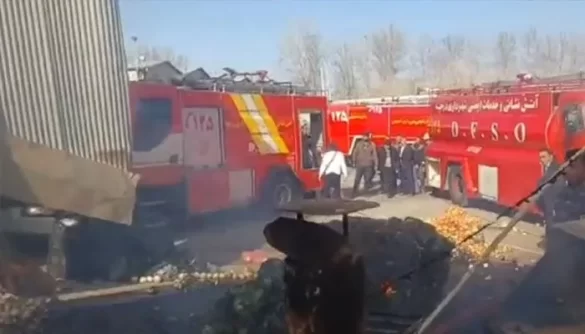Khartoum, Sudan – The civil war in El Fasher, a city in northwestern Sudan, has escalated into a catastrophic humanitarian crisis. Witnesses report that fighters from the paramilitary Rapid Support Forces (RSF) have killed children in front of their parents. Families have been forcibly separated, and civilians are blocked from reaching safer areas.
The violence is raising global alarm. According to the United Nations (UN), more than 65,000 people have fled El Fasher. Yet tens of thousands remain trapped, living in fear, hunger, and thirst.
Mass Killings and Targeted Violence
Eyewitnesses say RSF fighters are separating civilians based on age, gender, and ethnic background. Many people have been held for ransom, while others have been killed. Reports suggest that hundreds of civilians were killed within days, and unofficial estimates place the death toll at over 2,000.
Satellite images show mass graves across the city. Dozens of sites reportedly contain large piles of bodies. Research from Yale University’s Human Rights Center confirms the killings continue and violence is spreading to El Fasher’s outskirts.
In addition to killings, there are reports of sexual violence, abductions, and looting. These acts are worsening the trauma for survivors. Aid organizations warn that the situation could become an unprecedented humanitarian disaster if unchecked.
Displacement and Humanitarian Crisis
The UN describes this conflict as Sudan’s largest humanitarian crisis in decades. Fighting has effectively divided the country into eastern and western regions. Over 1.2 million people have been displaced, and tens of thousands have been killed since the conflict began.
Shortages of food, clean water, and medicines are deepening the crisis. Limited access to conflict zones makes delivering aid extremely difficult. German diplomat Johan Wedifel called the situation in El Fasher apocalyptic. He warned that international inaction could worsen the disaster.
Calls for Urgent International Action
Humanitarian agencies are urging immediate global intervention. They want safe corridors, emergency aid, and protection for civilians. Experts say prompt diplomatic pressure and aid delivery are crucial to prevent further mass casualties.
The conflict in El Fasher is a stark reminder of how civil wars disproportionately harm civilians. Without urgent action, the crisis risks expanding into a larger regional catastrophe.















